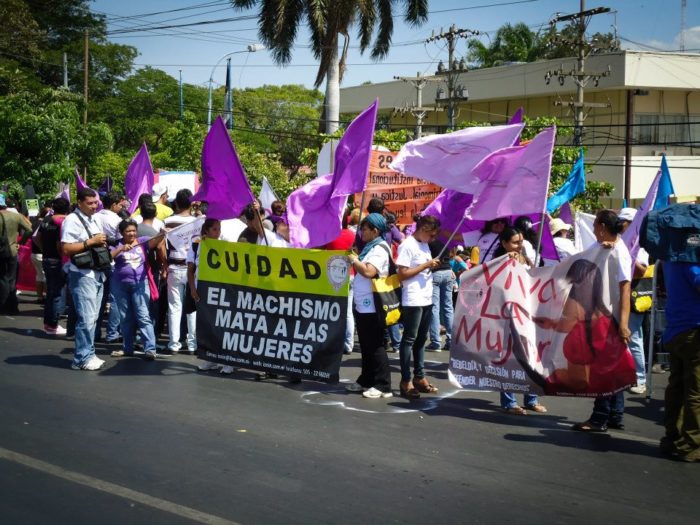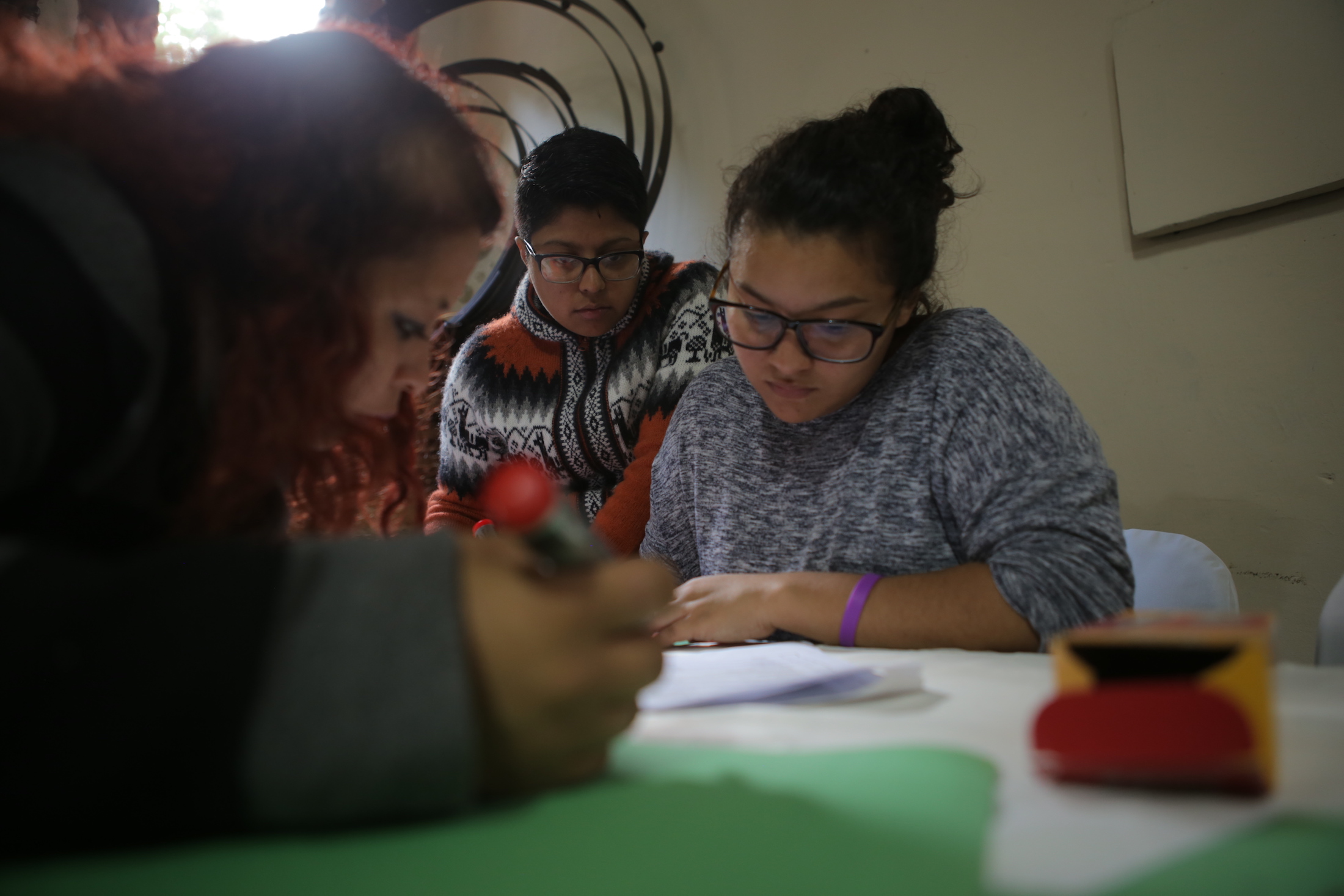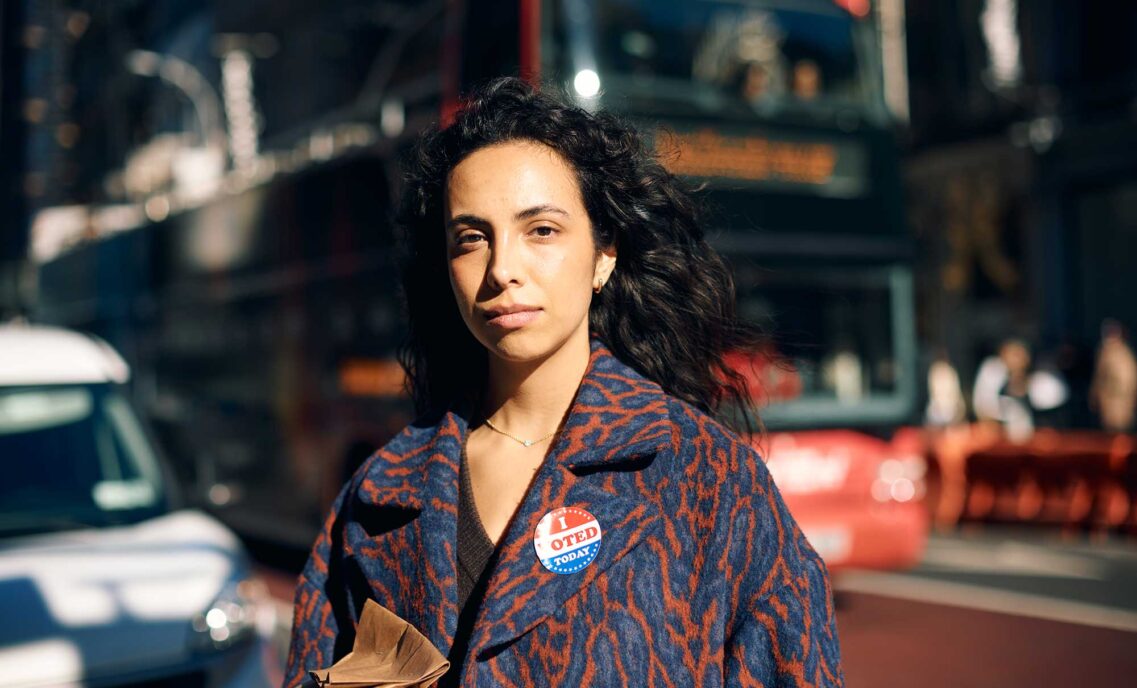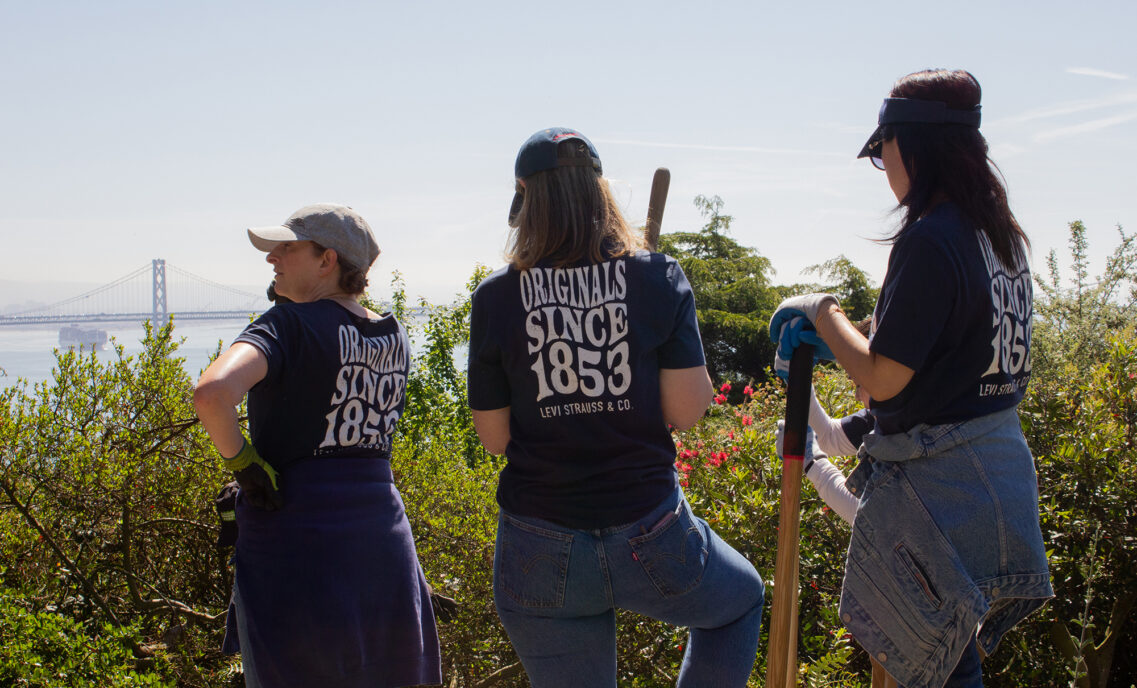Levi Strauss & Co. strives to protect the rights and enhance the well-being of the people who make our products, who are mostly women in developing countries. That’s why, in addition to supporting the Worker Well-being initiative, the Levi Strauss Foundation partners with organizations that are devoted to improving labor conditions in the countries where we operate.
We recently spoke with one of the Levi Strauss Foundation grantees, the Central American Women’s Fund (known by its acronym in Spanish, FCAM), to better understand the realities facing women in the Central America apparel sector. Since 2003, FCAM has been providing resources and capacity building to local grassroots organizations that empower women to stand up for their rights. Below are excerpts from our conversation.
FCAM describes itself as the “first and only feminist fund” in Central America. How do you define a feminist fund?
As a feminist women’s fund, we partner with organizations, groups and networks to accomplish the common goals of making the region’s countries better for all women. We make sure that the funding we provide to small women’s organizations is flexible, multi-year and comes with no strings attached other than to drive the grantee’s agenda for change.
FCAM currently supports 120 diverse groups working in favor of human rights for all women. We recognize that as women, especially from the Global South, we navigate different layers of identity (indigenous, young women, apparel workers, domestic workers, LBTQ+, etc.) at once. Work without recognition and inclusion of that diversity is simply not possible for us.
What is the most important resource FCAM offers these groups of women?
FCAM is not a traditional donor. Beyond financial support, we foster opportunities for organizations to connect and learn from each other. We understand the power of leveraging other activists who share our vision.
The groups of women we support are often emerging and have never received funding before. Not only do we provide their first grant, but we help them develop skills in proposal writing, budgeting and planning, and equip them with tools that will serve them for the future. Essentially, we provide support that says, “We trust you and we are here for the long run.”

How does your work extend beyond individual “maquilas” (export-oriented factories) and spark institutional change?
By empowering the women working in the “maquilas”, they can organize better, form peer learning spaces and start advocating for themselves. We are already seeing more women engaging in the legal process, demanding that their rights be respected and accompanying other women as they do the same. This is how institutional change happens: it starts with one worker seeking justice and a movement of hundreds backing her up.
FCAM celebrates its 15th anniversary this year. How have the labor conditions of women apparel workers changed since you started?
In the last 15 years, there have been significant changes in both the apparel sector and broader labor rights movement. We are proud that advocacy groups are growing, working collaboratively with each other and leading to improvements for working women in the region. A great example of this success is the development of a formal commitment between eleven leading women’s organizations to work together to ensure women’s worker rights are respected throughout the region.
What is the most rewarding part of the job?
Helping women recognize themselves as agents of change. Their resiliency, strength and conviction, despite the oppression they face, is a huge source of energy for us.
For us at Levi Strauss & Co. good business means going beyond labor compliance and investing in the lives of our workers. The Levi Strauss Foundation has supported FCAM since 2011 and is proud to support the work advancing women’s worker rights in the region.







